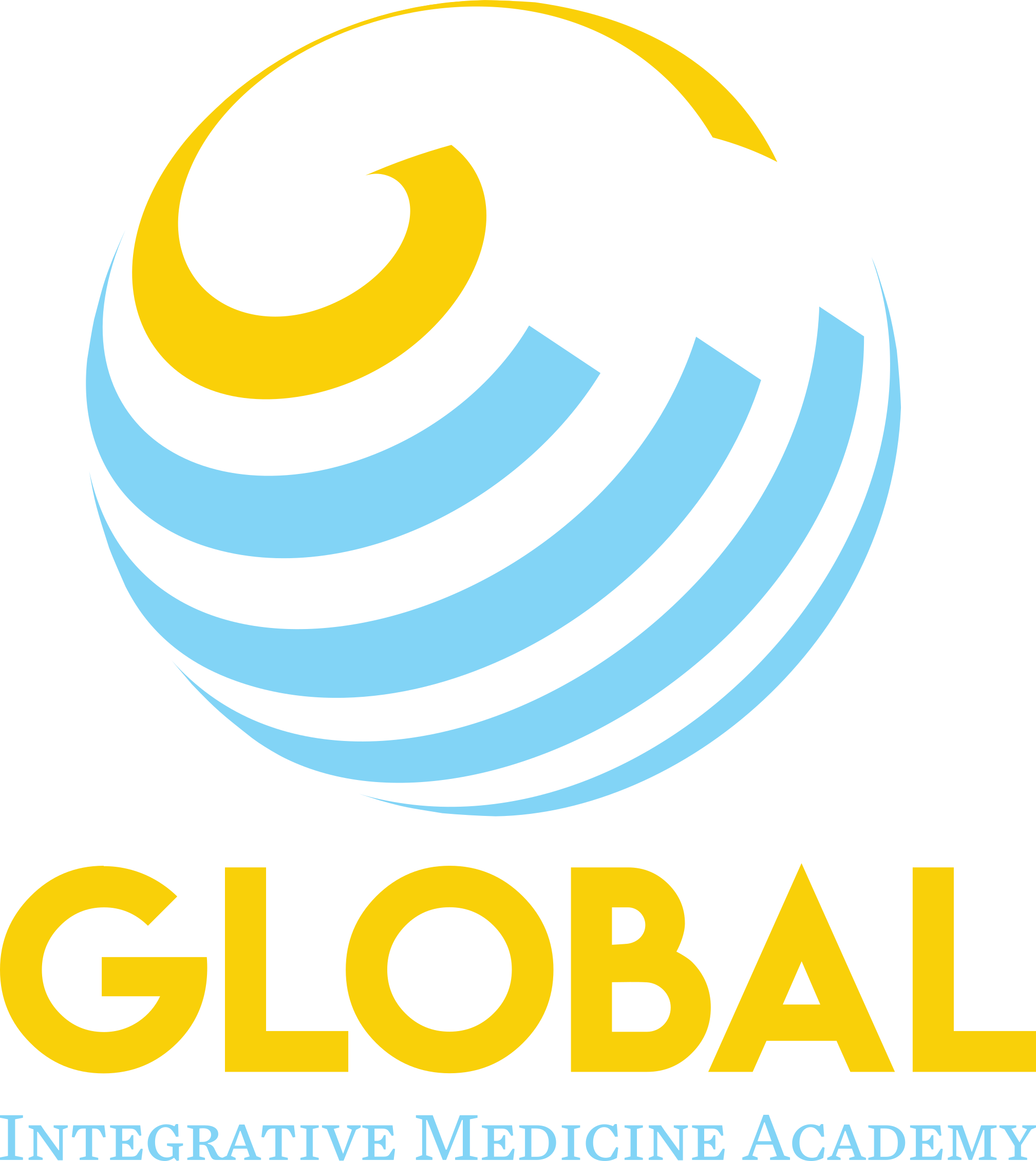Nutritional Medicine and the Nervous System Part 2
$122.00
Courses Included
Length 3.5 hours
This course reviews the evidence-based use diet and supplementation in the management of neuropathies, and the complementary management of nervous system toxicity – primarily from heavy metals. A review of common neuropathies (i.e. diabetic neuropathy, genetic-based neuropathies, entrapment neuropathies etc.) is included in the discussion, along with specific dietary and supplement protocols shown to help reverse and stabilize these conditions and repair underlying neuronal mechanisms responsible for these pathologies, where applicable. This course also reviews the pathophysiological events that occur within the brain in concussion injuries, with respect to cell membrane damage, inflammation, disruption of neurotransmitters, energy dysregulation, mitochondrial effects and changes to nerve conduction. The course also reviews the human clinical intervention trials and the experimental studies showing the reparative effects of specific dietary factors and supplements in the adjunctive management of concussion and post-concussion syndrome. A final feature of the course introduces students to the leading researchers in the field of Autism and explains the principals behind their dietary and supplementation approach, as well as assessment tools and key biomarkers.
Nutritional Medicine and the Nervous System Part 2
Teaching Method
System Requirements
Application Type : Web-based
Compatible Browser : Google Chrome, Mozilla Firefox
Limited Compatibility : Internet Explorer (no support for IE browser)
Operating System : Windows, Mac (any browser supported)
Mobile Device : Responsive website so support any mobile device
Tablet Device : 15″ recommended
This course reviews the evidence-based use diet and supplementation in the management of neuropathies, and the complementary management of nervous system toxicity – primarily from heavy metals. A review of common neuropathies (i.e. diabetic neuropathy, genetic-based neuropathies, entrapment neuropathies etc.) is included in the discussion, along with specific dietary and supplement protocols shown to help reverse and stabilize these conditions and repair underlying neuronal mechanisms responsible for these pathologies, where applicable. This course also reviews the pathophysiological events that occur within the brain in concussion injuries, with respect to cell membrane damage, inflammation, disruption of neurotransmitters, energy dysregulation, mitochondrial effects and changes to nerve conduction. The course also reviews the human clinical intervention trials and the experimental studies showing the reparative effects of specific dietary factors and supplements in the adjunctive management of concussion and post-concussion syndrome. A final feature of the course introduces students to the leading researchers in the field of Autism and explains the principals behind their dietary and supplementation approach, as well as assessment tools and key biomarkers.
Learning Objectives:
1. Students will understand the pathophysiological processes involved in various common neuropathies, concussion and nervous system toxicity from heavy metals.
2. Students will be able to personalize nutrition and supplementation recommendations to help reverse common neuropathies seen in clinical practice and improve outcomes for patients with concussions. Students will also understand how to advise patients on how to reduce risk of nervous system toxicity from heavy metals, and other sources, and enhance detoxification of heavy metals via natural, dietary, exercise, lifestyle and supplementation interventions
3. Students will understand and be able to identify major risk factors for impending neuropathies and will have an understanding of the nutritional medicine practices used in autism.

